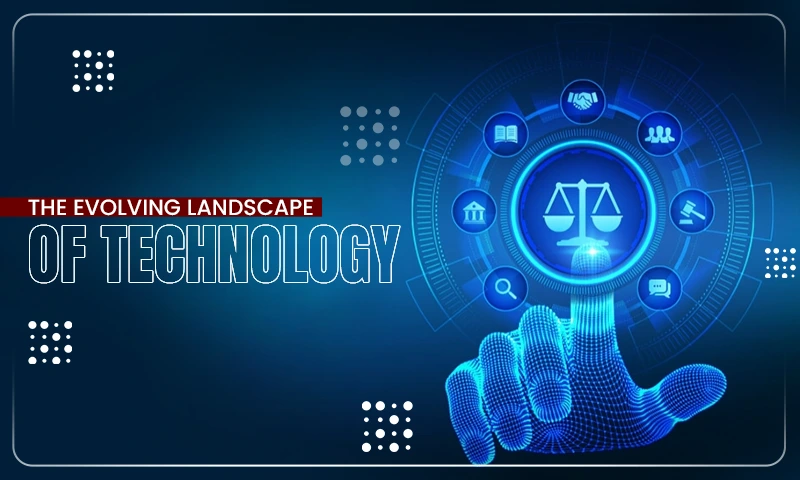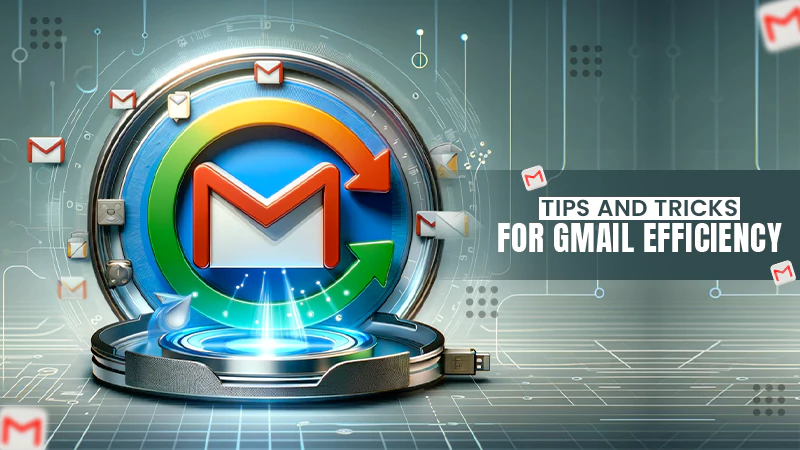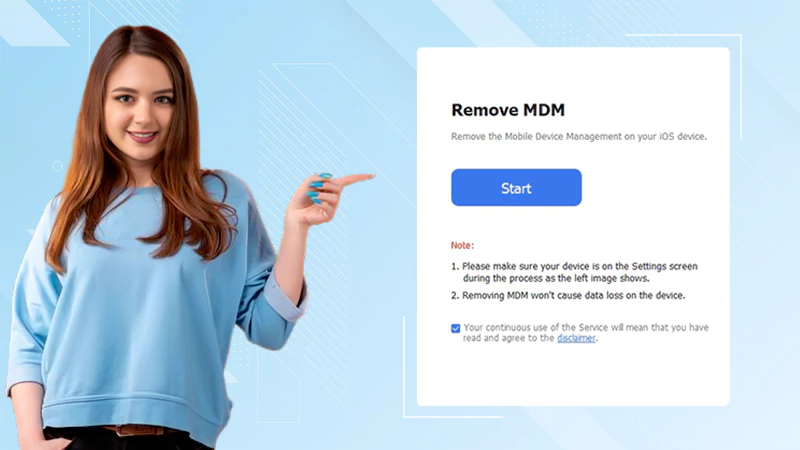Critical Skills Needed for a Successful Career in Digital Marketing
In the dynamic world of business, digital marketing stands as a beacon of innovation, connecting products and services to consumers in ways that were once unimaginable. But what does it take to thrive in this competitive landscape? The answer lies in the mastery of a specific set of skills cultivated through hands-on experience. These skills aren’t just about knowing the technology; they encompass a profound understanding of human behavior, strategic thinking, creativity, and adaptability.
Digital marketing has become essential to any successful business strategy, with businesses shifting towards online platforms. Whether it’s boosting a brand’s online presence, engaging with customers on social media, or driving sales through targeted advertisements, digital marketing tools and techniques are at the forefront of modern commerce.
But how can aspiring digital marketers equip themselves with the right skillset? How do they keep up with this ever-changing field? This blog serves as a comprehensive guide to the critical skills needed for a successful career in digital marketing. By understanding the core aspects, staying updated through digital marketing courses, and utilizing sophisticated digital marketing tools, one can unlock the doors to a fulfilling and lucrative career.
Understanding Digital Marketing
At its core, digital marketing is the strategic promotion of products, services, or brands through various electronic media forms, distinct from traditional marketing in its use of channels and methodologies that enable real-time analysis of campaigns. In essence, it’s where the digital realm meets consumer psychology, tailored to the rapid pace and multifaceted nature of today’s online world.
With the rise of smartphones, social media platforms, and a globalized economy, the need for businesses to have a robust online presence has never been greater. Gone are the days when word of mouth and print ads dominated the marketing sphere. Now, consumers are researching, comparing, and making purchasing decisions online, often influenced by what they see on their digital devices. This paradigm shift has led businesses to allocate significant resources to digital strategies, understanding that their audience is now predominantly online.
However, with the plethora of information available at the touch of a button, consumers today are more discerning and demanding. They seek authenticity, value, and engagement from brands. As such, digital marketers must be adept at navigating these online waters, ensuring their messages resonate effectively with their target audience.
Critical Technical Skills
In digital marketing, technical know-how isn’t just a plus; it’s a necessity. The technical skills in this domain enable marketers to create and optimize campaigns for desired results effectively.
Let’s explore some of the critical technical skills that are instrumental in shaping a successful digital marketing career:
Search Engine Optimization (SEO)
- Understanding Google’s Algorithms: Search engines are the gatekeepers of the online world, and understanding how they rank content is vital. A solid grasp of Google’s algorithms, coupled with continuous updates, helps create content that appears at the top of search results.
- Importance of Keywords and Content Optimization: Crafting content that resonates with your audience involves meticulous keyword research and optimization. It’s not merely about using popular keywords but strategically placing them to engage readers and improve rankings.
Social Media Marketing
- Utilizing Various Platforms Effectively: Different social media platforms cater to different audiences. Understanding how to leverage each, from Facebook to TikTok, ensures your message reaches the right people.
- Engagement Strategies: Simply posting content is not enough; engaging with your audience is crucial. Building relationships through comments, shares, and likes can foster a loyal community around your brand.
Email Marketing
- Building and Maintaining Email Lists: An effective email marketing strategy starts with a well-curated list. Building and maintaining this list requires understanding your audience’s needs and preferences.
- Creating Engaging Content: Sending regular, relevant, and engaging emails ensures your audience stays connected. It’s about providing value through news, offers, or insights.
Data Analytics
- Analyzing Customer Behavior: Understanding your customers’ behavior through data analytics helps tailor your marketing strategies. Tools like Google Analytics can provide invaluable insights into what works and what doesn’t.
- Making Data-Driven Decisions: In the age of information, making decisions based on gut feeling is no longer sufficient. Utilizing data to guide marketing strategies ensures that decisions are grounded in reality and likely yield positive results.
Digital Advertising
- PPC campaigns: Pay-Per-Click (PPC) advertising requires a thorough understanding of bidding strategies, keyword relevance, and quality score. It’s about getting the most visibility for your budget.
- Display Advertising: Crafting visually appealing ads that resonate with your target audience can drive traffic and conversions. Knowledge of design principles and audience targeting is critical here.
These technical skills form the backbone of any digital marketing strategy. Whether it’s the creative aspect of content creation or the analytical side of data-driven decision-making, mastering these areas often starts with the right digital marketing tools and training.
But where does one begin?
Here’s where digital marketing courses come into play. By investing in learning these skills and gaining hands-on experience, aspiring marketers can set themselves on a path to success in this ever-evolving field. These courses offer insights into the intricacies of the domain, from understanding consumer behavior to mastering SEO algorithms. For those keen on entering or excelling in this field, enrolling in a top-notch course can be the first step towards gaining that edge, providing the knowledge and strategies to make impactful campaigns.
Essential Soft Skills
Digital marketing isn’t only about algorithms, metrics, and tools; it’s a field where human connection and creativity flourish. While the technical skills provide the foundation, the soft skills bring the strategies to life and make them resonate with the audience.
Here’s a closer look at some of the vital soft skills that every digital marketer should possess:
Creativity
Creativity is at the heart of digital marketing. From designing eye-catching advertisements to crafting engaging blog posts, the ability to think outside the box is invaluable. It’s about finding unique ways to present information, tell a story, and make your brand stand out in the crowded digital landscape.
Problem-Solving
Digital marketing is a fast-paced field, and challenges are bound to arise. Whether adapting to a sudden change in search engine algorithms or finding new ways to reach a target audience, problem-solving skills are essential. They involve analyzing issues, thinking critically, and devising innovative solutions that align with the overall marketing goals.
Communication
Whether you’re explaining a complex idea to a client, writing compelling web content, or engaging with customers on social media, clear and concise communication helps build understanding and trust. It also involves active listening, understanding different perspectives, and conveying your message in a way that resonates with various stakeholders.
Collaboration
No marketer is an island. In digital marketing, collaboration with different departments like sales, design, or development is often needed to create a cohesive campaign. The ability to work well with others, value their input, and integrate different ideas into a unified strategy can lead to more impactful results.
Popular Digital Marketing Tools
In an industry driven by constant change and innovation, having the right tools can be the difference between staying ahead of the curve and falling behind. Digital marketing tools are not just supplementary but central to modern marketing practices.
Here’s an introduction to some of the industry’s most popular digital marketing tools:
- Google Analytics: This free tool from Google provides detailed statistics and analytics of web traffic and is an essential tool for marketing. It enables marketers to understand where their traffic is coming from, what users are doing on the site, and how they can optimize the user experience. It’s invaluable for tracking the success of marketing campaigns and understanding user behavior.
- HubSpot: HubSpot offers a complete platform of marketing, sales, customer service, and CRM software. It helps in inbound marketing, which includes content marketing, social media, SEO, and more. With tools for email marketing, landing pages, analytics, and lead management, it provides a comprehensive solution for managing and analyzing marketing efforts.
- SEMrush: SEMrush is a tool that specializes in competitor analysis, keyword research, SEO optimization, paid advertising, and content planning. It helps in understanding how competitors are performing, what keywords are ranking, and how to optimize online presence for both organic and paid search. It’s a go-to tool for strategic SEO planning.
- MailChimp: As an all-in-one marketing platform, MailChimp focuses on email marketing, allowing businesses to manage subscribers, send emails, and track results effortlessly. With features like audience segmentation, automated campaigns, and extensive analytics, it’s instrumental in maintaining and growing customer relationships through personalized email communication.
- Hootsuite: Hootsuite is a social media management platform that facilitates businesses to manage multiple social media accounts from a single dashboard. You can schedule posts, engage with followers, track social media conversations, and analyze results. It’s perfect for maintaining a consistent and interactive social media presence across various platforms.
- Canva: Canva is a user-friendly graphic design tool that allows businesses to create visually appealing content without needing a professional designer. With a drag-and-drop interface and a plethora of templates, it helps in designing images for social media, advertisements, presentations, and more.
These digital marketing tools are integral to modern marketing strategies, providing functionalities that streamline tasks, offer insights, and enhance creativity. Whether a business is small or large, leveraging these tools can significantly impact its online success. They are more than just convenient add-ons; they are essential to crafting and executing successful campaigns, bringing efficiency, precision, and intelligence to the marketing process.
Summing up
Digital marketing, an amalgamation of art, science, and technology, is a dynamic and ever-evolving discipline. A successful career in this field requires a balanced blend of technical prowess, soft skills, creativity, and the adept use of digital marketing tools. From mastering SEO techniques and social media strategies to cultivating problem-solving abilities and effective communication, the pathway to success is multifaceted.
Whether through hands-on experience or structured digital marketing courses, continuous learning keeps one abreast of the latest trends and technologies. Investing in self-improvement and the willingness to adapt truly set apart successful digital marketers.
As we embrace the future, these critical skills and tools will continue to define the contours of digital marketing, shaping strategies, molding successes, and creating resonant experiences that both brands and consumers value.
Whether you are a seasoned professional or an aspiring newcomer, understanding and embodying these principles will provide the leverage needed to thrive in the fascinating world of digital marketing.
Share
















